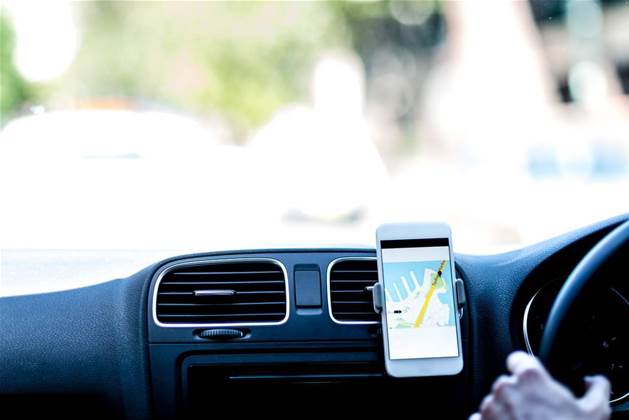The Fair Work Ombudsman has ruled that Uber does not directly employ its drivers in Australia after a two-year investigation into the ride sharing company.

The employment watchdog revealed its decision on Friday after completing its examination of Uber Australia's relationship with tens of thousands of Uber drivers.
The investigation was launched back in June 2017 to determine whether contracts between Uber's Australian arm and drivers were in breach of federal workplace laws.
In making the landmark ruling, Fair Work Ombudsman Sandra Parker said the agency had looked at a wide range of evidence.
This included drivers’ contracts, log on and log off records, ABN documents, payment statements and banking records, and interviews with drivers.
But she said the “weight of evidence” from the investigation ultimately established that “the relationship between Uber Australia and the drivers is not an employment relationship”.
“For such a relationship to exist, the courts have determined that there must be, at a minimum, an obligation for an employee to perform work when it is demanded by the employer,” she said.
“Our investigation found that Uber Australia drivers are not subject to any formal or operational obligation to perform work.”
Parker said that this distinction was a particularly important factor in the ombudsman’s decision.
“Uber Australia drivers have control over whether, when, and for how long they perform work, on any given day or on any given week,” she said.
The determination of Uber drivers as self-employed contractors will be a blow to unions concerned about how the gig economy is fuelling a reduction in regular staffing arrangements.
Last year, the Transport Worker’s Union put its sights on Uber after Fair Work deemed a Foodora delivery rider was an employee rather than a contractor.
The precedent was thought to have opened the door to potential super and leave entitlements claims.
In a statement on Friday, the union urged the federal government to introduce legislation that protected the rights of gig economy workers.
“Today’s decision by the Fair Work Ombudsman is devastating for workers in the gig economy,” TWU national secretary Michael Kaine said.
“If this is what our laws are guiding regulators to do then these laws are hopelessly broken and the Government must act urgently to put in place rights that protect all workers.”
Kaine said the ruling was in stack contrast to other jurisdictions around the work, where “Uber is being held to account”.
Updated 2:18pm: To include TWC statement.


_(20).jpg&h=140&w=231&c=1&s=0)
.png&h=140&w=231&c=1&s=0)







 iTnews Benchmark Awards 2026
iTnews Benchmark Awards 2026
 iTnews Executive Retreat - Security Leaders Edition
iTnews Executive Retreat - Security Leaders Edition
 iTnews Cloud Covered Breakfast Summit
iTnews Cloud Covered Breakfast Summit
 The 2026 iAwards
The 2026 iAwards












_(1).jpg&h=140&w=231&c=1&s=0)



